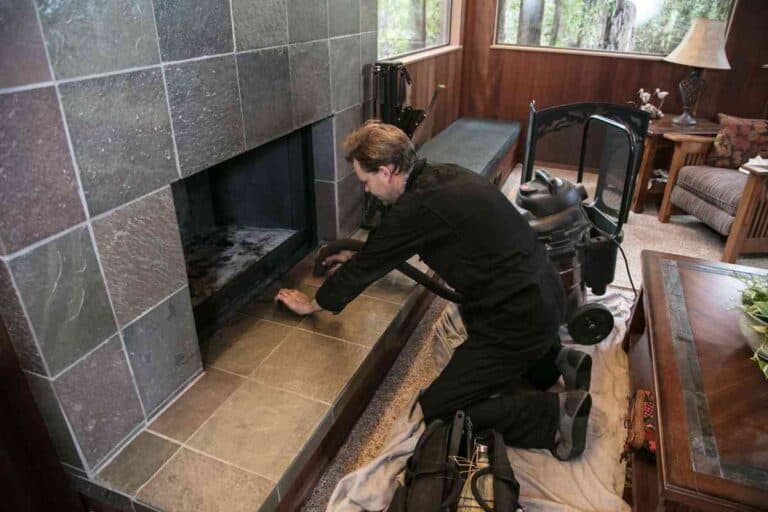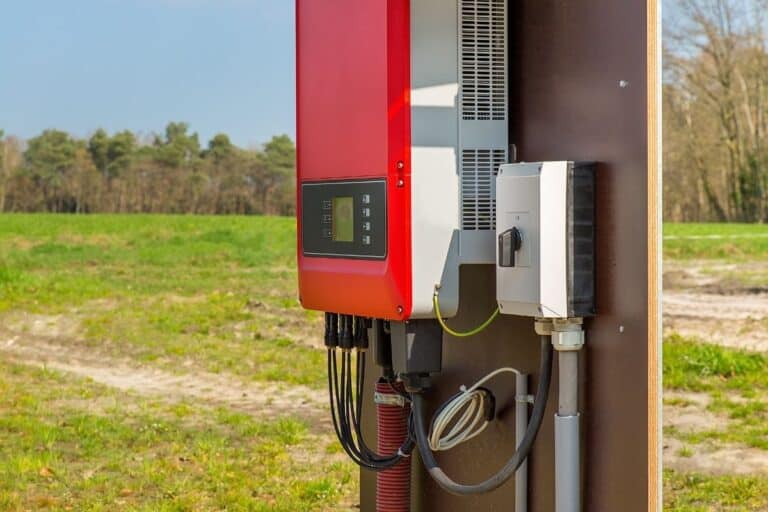Do I Need A Permit For A Compost Toilet?
Composting toilets are an eco-conscious choice for those looking to minimize environmental impact and reduce reliance on traditional sewage systems. However, before installing a composting toilet, it’s crucial to understand the local regulations and permit requirements.
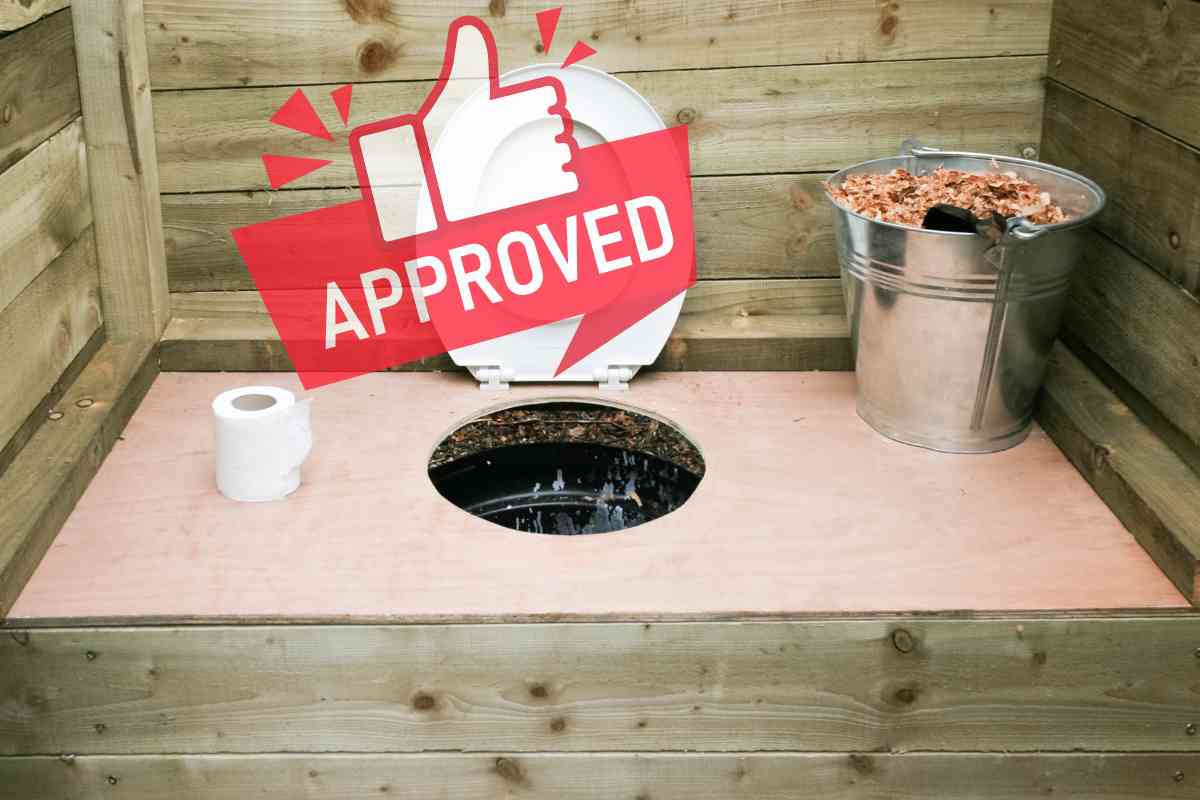
Related Post! Do Composting Toilets Smell?
Do You Need a Permit to Install a Composting Toilet?
Permit requirements for composting toilets can vary significantly depending on your location. Some jurisdictions may require a building permit, especially if the installation involves significant changes to existing plumbing fixtures or the disposal system. In contrast, other areas might not regulate such installations as strictly.
Key Takeaways
- Composting toilets have the exact working principle regardless of the system variations
- Composting toilets are generally safe for the environment when properly used
- Composting toilets comes with specific responsibilities for the homeowners
Local Health and Building Regulations
Consult your local health department or building inspector to determine the specific requirements in your area. These authorities can provide guidance on whether your composting toilet needs to meet certain certifications, such as those from the National Sanitation Foundation, or adhere to specific building codes.
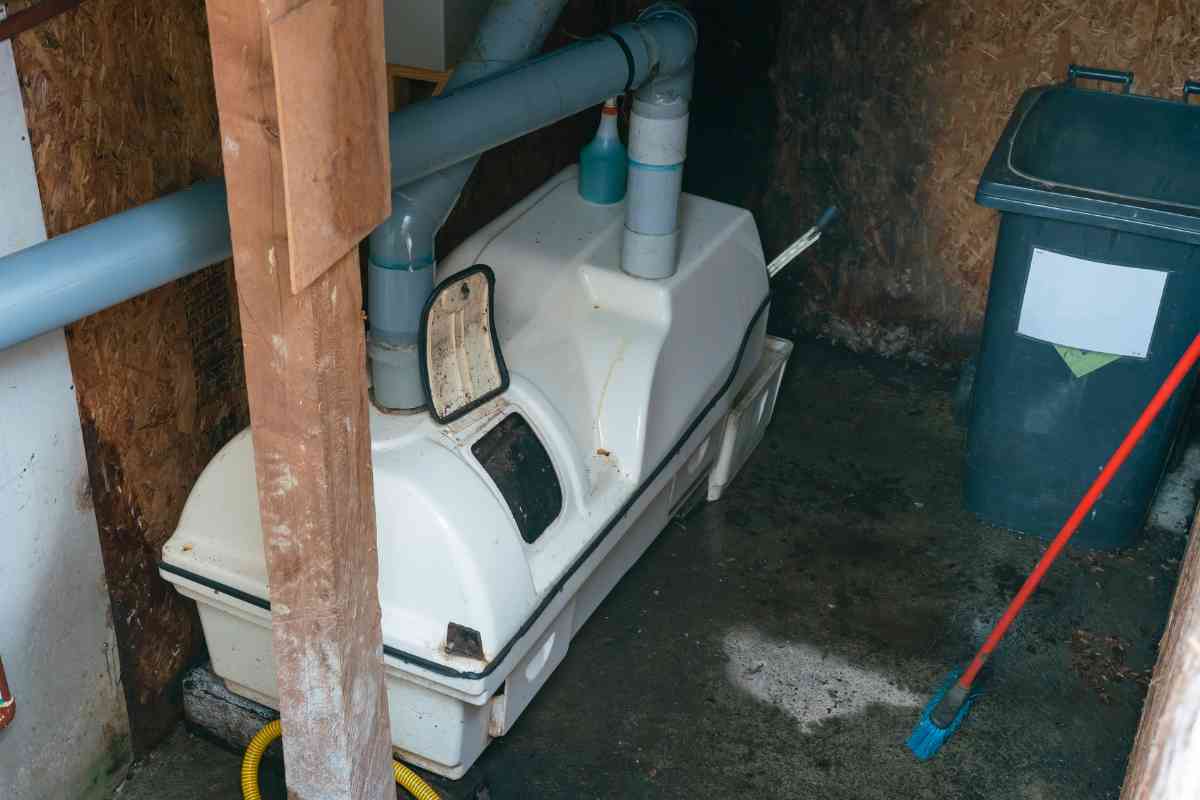
Installation Requirements
When a permit is required, you’ll likely need to present plans that detail your system’s design, including its ventilation, composting chamber, and liquid evaporation mechanisms. This is to ensure that your system does not pose a health risk through fecal contamination or improper waste water management.
Future Considerations
Authorities may also require that your residence be equipped to accommodate a traditional flushing toilet, ensuring future residents have the option to choose between systems. This is particularly common in newer developments where municipal waste water management strategies are in place to protect local water sources and land application sites.
Related Post! Should I Put Sawdust in My Compost Toilet?
Why Choose a Composting Toilet?
Many homeowners and businesses opt for composting toilets to conserve gallons of water typically used in flushing toilets, significantly reducing the environmental impact. These systems transform human waste into humus, a rich organic compost that can benefit gardens without the environmental toll of landfills.
Composting toilets not only support sustainable living but also offer a practical solution in areas without access to centralized sewage facilities. By reducing liquid waste and facilitating the natural decomposition process, these systems make a compelling case for anyone looking to reduce their ecological footprint.
Are Permits Important for Composting Toilets?
Permits are mandatory in areas where set regulations apply. The goal is to ensure that those building composting toilets do so correctly with the environment and human safety in mind.
For example, the residential composting toilet should adhere to and match the NSF 41 standard. This is the basic standard set by NSF International, an independent organization that certifies consumer products that match set standards.
It is, therefore, essential to adhere to these regulations since the local authority in your area will apply similar standards. Safety for current and future users and environments should be a priority.
Related Post! Do Composting Toilets Need Ventilation?
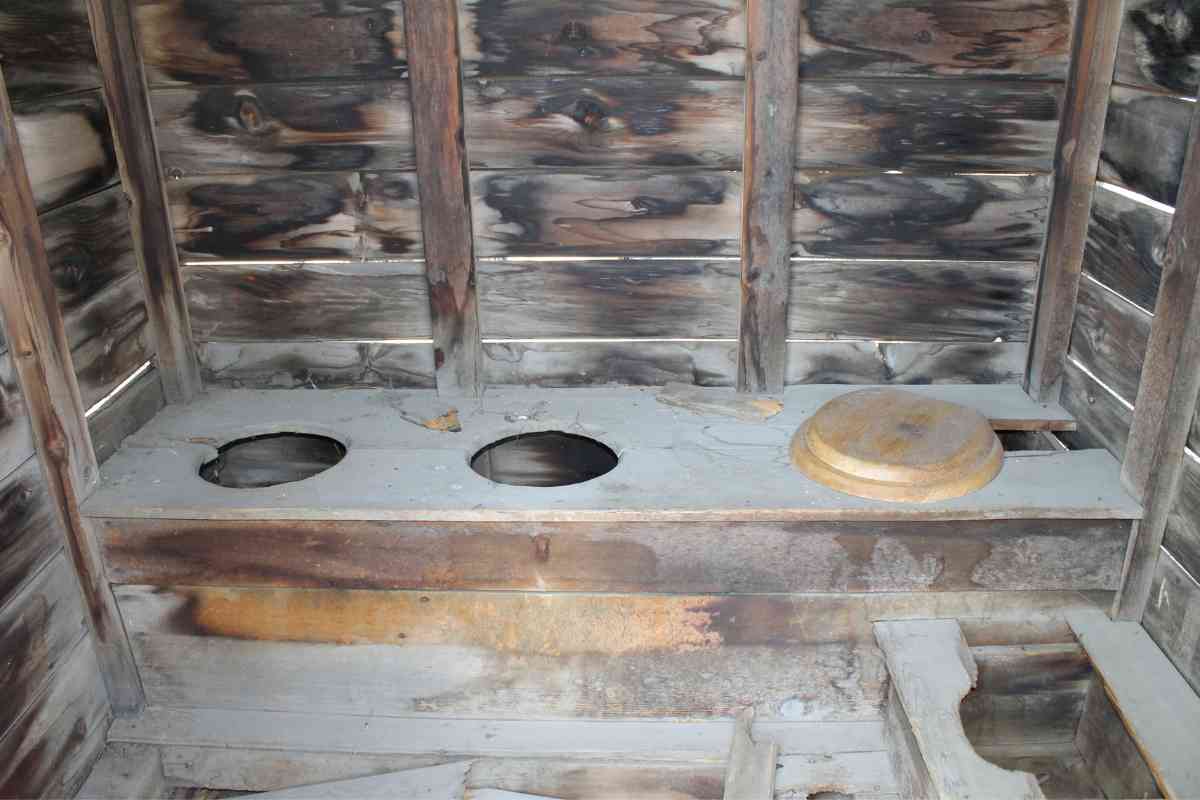
Where to Go for the Permit?
Once you establish that a permit is needed to build a composting toilet in your area, visit the local building department for further clarification. This unit deals with plumbing, electrical, and mechanical permits for building the composting toilet. They cater to all building matters and ensure homeowners with new constructions meet all the building codes stipulated in the municipality.
Which Permit is Essential for Building a Composting Toilet?
The plumbing permit is the most significant when undertaking such a project. You will also need an electrical permit for venting fans and extra permits if you are carrying out various modifications in your home. Note that these permits do not apply in perpetuity and need to be renewed after a certain period, mainly after six months.
Do you need a Water Treatment System with Composting Toilets?
It would be best to connect to a water treatment system, even with a composting toilet. This is because the toilet does not eliminate all the wastewater. A septic system is crucial if you have a flush system that generates black water.
If your building is close to a sewer district, note that you will be forced to be connected to it. The good news is that since the composting system encourages less water waste, you may get approval to build a small septic tank to help eliminate the black/ gray water.
How to Handle an Already Existing Septic System?
Even though you adopt a composting toilet system, note that the septic still needs to be pumped. The frequency may lessen due to the composting toilet system, but it still needs to be done. Do not ignore an existing septic system since you still need it for the gray/ black water elimination.
Do You Need Permits to Dispose of or Reuse Gray Water?
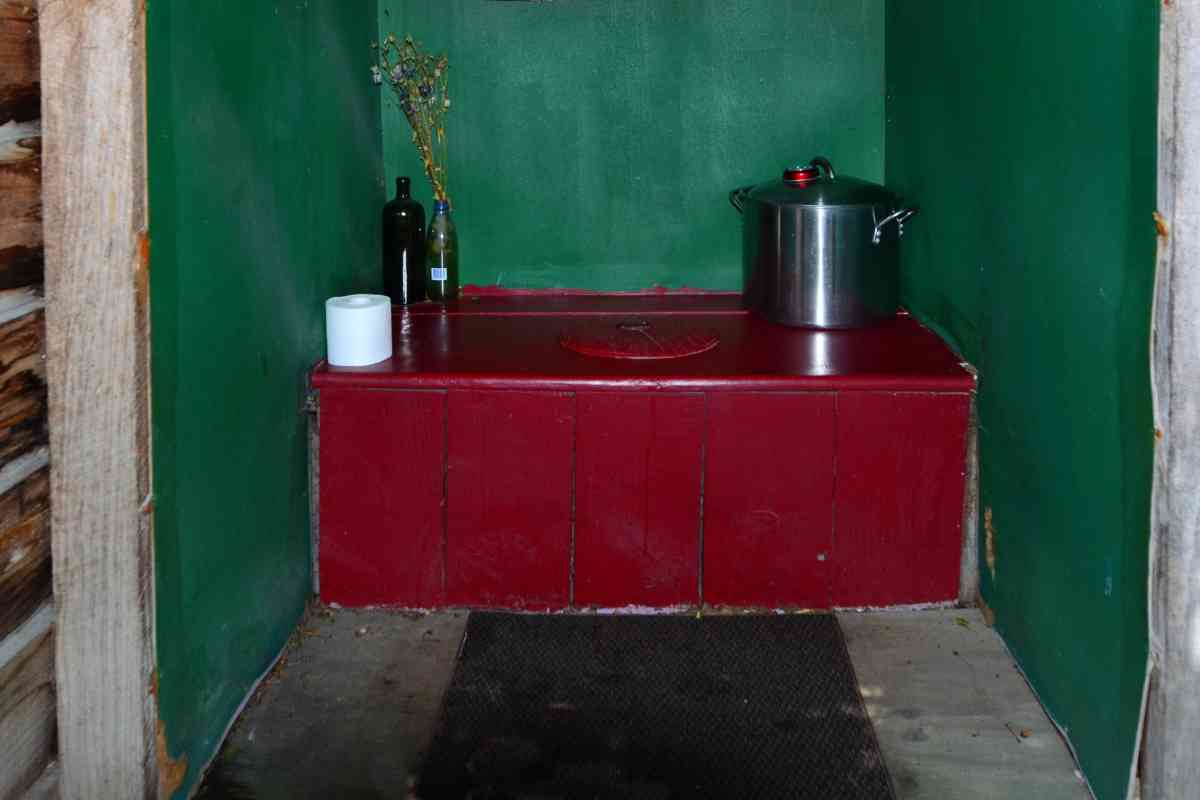
You can use your composting toilet with a gray water reuse system when it is dry and swap to septic in the wetter months. The gray water reuse system comes in handy for watering plants in summer. However, the septic and gray water reuse systems need a DEQ permit.
Also, note that the gray water reuse system needs to be offline during the wet season or if some of the discharge is likely to cause a public nuisance. Typical cases are when the water contains laundry deposits or dirty diaper discharges. What matters is to understand the regulations surrounding composting toilet systems in your area and get the ideal permit for it.





